The European Court of Human Rights (ECtHR) accepted Abdullah Ocalan’s appeal against Greece and demanded a response from Athens.
An appeal to the European Court of Human Rights (ECtHR) was filed in connection with the arrival of Öcalan in Greece in 1998 and his application for asylum in Greece, and his subsequent extradition to the Turkish authorities in February 1999.
According to the Turkish publication Deutsche Welle, Abdullah Ocalan claimed that the actions taken against him during his stay in Greece were contrary to the European Convention on Human Rights (ECHR). At the same time, he states that the fact that the Greek authorities detained him during his stay in Greece and he was not given the opportunity to defend his rights in the Greek courts contradicts many articles of the ECtHR.
Who is Abdullah Ocalan
Not only the day, but also the year of birth of Abdullah Ocalan is determined approximately. April 4, 1948 appears in most documents, but in the media you can find references to the fact that the future Kurdish leader was actually born in 1947 or even 1946. Abdullah (also known as Apo) was born into a poor peasant family in the village of Omerli in southeastern Turkey.
After graduating from school in a neighboring village, Ocalan moved to live with relatives in the city of Nizina, where he did hard physical labor in the fields for a penny and tried to earn money to continue his studies. He dreamed of a military education, but eventually entered a trade college, after which he got a job in the land registry department. Over time, Abdullah managed to enter the Faculty of Law of the University in Istanbul, from where he transferred to Ankara to study political science. At the university, he became close to left-wing youth groups and was imprisoned for seven months for participating in political protests.
Upon his release, Ocalan did not give up his views and took an active part in the activities of the Ankara Democratic Society of Higher Education, and also wrote the Manifesto of the Kurdistan Revolution. In November 1978, he announced the creation of the socialist Kurdistan Workers’ Party (PKK), which was rapidly gaining popularity among the Kurds. A year later, the Turkish authorities carried out mass arrests of PKK activists, but Ocalan managed to escape to Syria, from where he launched a guerrilla war against official Ankara. In the mid-1980s, the PKK’s power wing, the Kurdistan Peoples’ Liberation Army, already had thousands of fighters.
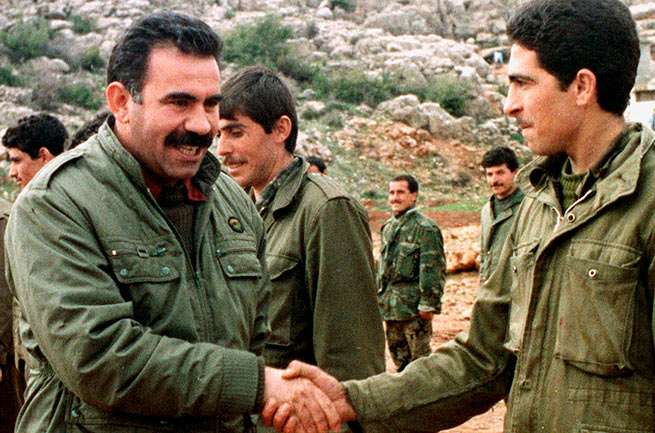
Soon, the PKK had numerous cells in Europe and stable sources of funding: Kurdish businessmen from different countries began to invest in the prospect of creating an independent state.
Special operation half the world
The actions of the PKK partisans began to greatly disturb Turkey, and in 1998 Damascus, under strong pressure from official Ankara, which had deployed a 50,000-strong army and missile units to the southern border, was forced to refuse Abdullah Ocalan further stay on Syrian territory.
Washington and Tel Aviv also joined the persecution of Ocalan, declaring the leader of the PKK a terrorist for his leftist views and constant socialist agitation. According to one version, it was the American intelligence services that launched disinformation about the involvement of the PKK in the assassination of Swedish Prime Minister Olof Palme in order to prevent the head of the party from hiding in the Scandinavian countries, which had rather cool relations with Ankara.
In order to obtain political asylum, the PKK leader visited several countries, including Italy, where they tried to arrest him, and Russia, but no one granted him official refugee status. Germany, which declared the PKK a terrorist organization, issued an arrest warrant for the Kurdish leader, however, when he was detained in Rome and offered the Germans to take him away, Berlin refused, predicting a violent reaction from the thousands of Kurdish diaspora.
However, representatives of the United States and Israel contacted the Kenyan authorities, informing Nairobi that a “fugitive criminal” was hiding in the Greek embassy. Kenyans began to put pressure on diplomats. On February 15, 1999, Ocalan left the diplomatic mission in a Greek embassy car to fly to the Netherlands. However, by this time, Turkish commandos had already landed in Nairobi, who captured the Greek car, kidnapped Ocalan and took him out of Kenya on the private plane of the millionaire Jefit Kaglar.
Under pressure from the public, the Italian authorities announced that they were ready to grant Ocalan political asylum, but it was already too late. The PKK leader was by this time in a Turkish prison, where he was awaiting trial and a death sentence, later commuted to life imprisonment.
According to experts, Öcalan had many opportunities to go underground and lay low. However, the PKK leader believed that this was beneath him, so he demanded official status for himself in all the countries he visited, thanks to which the Turkish and American security forces managed to get to him.
Foggy future
In the early 2000s, Abdullah Ocalan was the only prisoner in a Turkish prison on the island of Imrali in the Sea of Marmara, guarded by thousands of Turkish soldiers. By 2009, under pressure EU, a new prison was built for Öcalan, where several of his associates were transferred to communicate with the PKK leader.
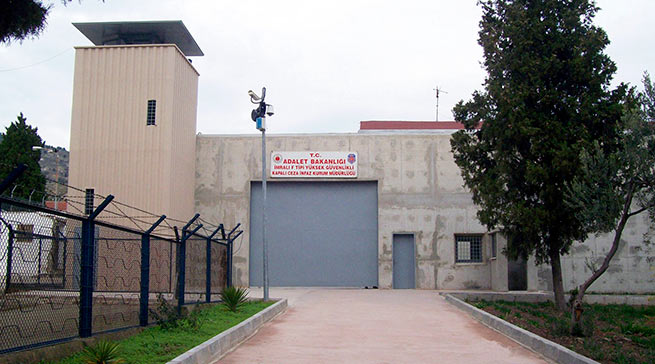
“If back in 2013 Ankara was ready for negotiations, then after Erdogan’s confident victory in the presidential elections, and in the last parliamentary elections, his party, Turkey again switched to the violent suppression of Kurdish resistance,” political scientist Vadim Makarenko said in an interview with RT.
According to the director of the Institute for Strategic Studies and Forecasts of the Peoples’ Friendship University Dmitry Egorchenkov, Ocalan and Turkey are still having some negotiations, but they are purely situational and do not bring concrete results.
“By demonstrating participation in the Kurdish political process, Ankara may shows USA his own, in a good sense of the word, ambition, ”the expert suggested. At the same time, according to Yegorchenkov, Ocalan continues to make political statements, but they do not bring the desired effect.
“The role of Öcalan in the Kurdish movement as a whole is very great. He created the PKK and started a new stage in the Kurdish struggle for independence. However, since his imprisonment, Ocalan’s influence has weakened, and the tasks that he set earlier are not being solved today,” Makarenko says.
Experts are skeptical about the prospect of Öcalan’s release and his future political activities. “Today Abdullah Ocalan is primarily a symbol for PKK supporters, who are very numerous not only in Turkey, but also in Syria and Iraq. However, I don’t think he will be released. In the current situation, this would be a fiasco for Turkey,” Yegorchenkov said. Political scientists also believe that the formation of a single Kurdish state is still a utopia. “Although the Kurds have created in the eyes of the world community an idea of themselves as a separate nation, it must be understood that they have been divided into two parts for over five hundred years, and into four parts for about a century. And each part is already used to living its own life. The Kurdish movement, in a sense, is reminiscent of Siamese twins, whose unity prevents them from living a normal life.” Makarenko says.
According to him, the ideals of the Iraqi Kurds living in their own autonomy and the underground Marxists in southeastern Turkey are too different. And their national unity serves as an additional irritating factor for Damascus, Ankara and Baghdad.
According to Yegorchenkov, the most realistic prospect for the Kurds today is the acquisition of broad autonomy within Syria and Iraq. In Turkey, for the foreseeable future, everything will remain as it is. The areas inhabited by Kurds are economically dependent. Even if the Kurds control some natural resources, without the approval of Syria, Turkey or Iraq, they still will not be able to export. Egorchenkov is sure that the Americans in Syria and Iraq need the Kurds only as additional pressure tool to Damascus and Baghdad.
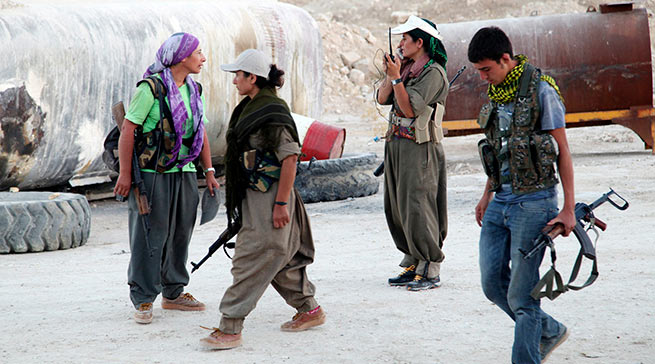
“Last year in Iraq, the Kurds already tried to hold a referendum on independence, but both official Baghdad and the world community ignored its results. The Turkish leadership considers almost any armed Kurdish groups terrorists. And other countries do not want to go against Iraq, Syria and Turkey, ”said Alexander Vavilov, envoy extraordinary and plenipotentiary of the 2nd class, senior researcher at the MGIMO Center for Partnership of Civilizations, in an interview with RT.
The expert believes that the political future of the Kurds today is vague, like the future of Abdullah Ocalan himself.
So far, Ocalan’s testimony has not particularly hurt Russia: he only told what Ankara knew even without him. But Greece, which first helped him hide, and then betrayed him to the Turks, Ocalan did not forgive betrayal. He told investigators that Greece had been providing military assistance to the PKK for years, and Greek officers were training Kurdish guerrillas at the Lavrion base near Athens. The passport of a citizen of the Republic of Cyprus, found with Öcalan during his arrest, was also, according to him, given to him by Greek officials. Ankara has already promised Athens that this will not come to them in vain, and suggested that the United States put Greece on the list of countries that support terrorism.

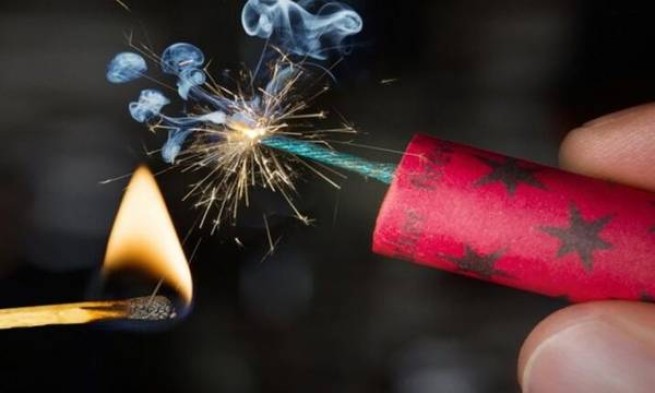

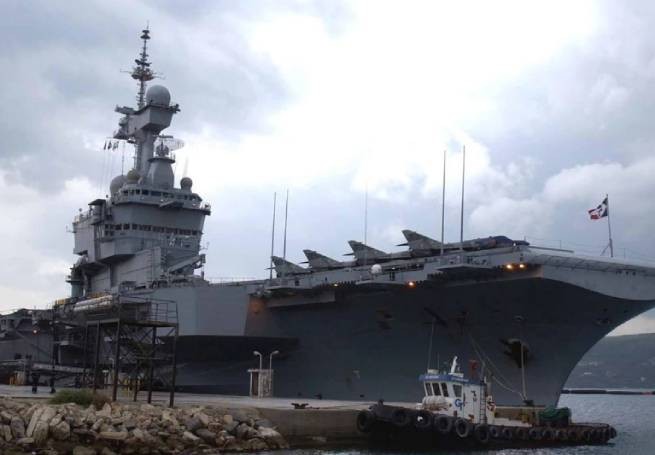
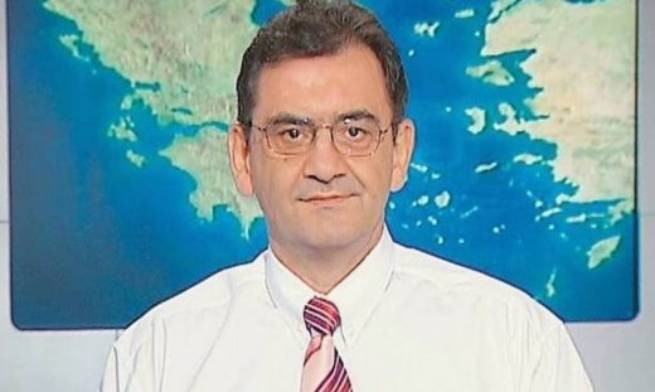
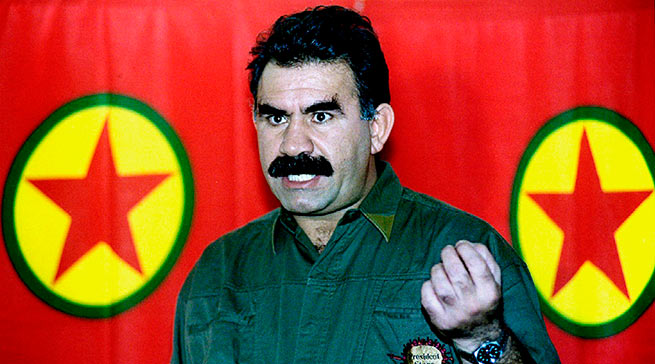

More Stories
What influenced Greece’s decision to help Kyiv with weapons?
The Minister of Health called the protesters "insignificant people, kafirs"
Gold Switzerland: “We are in the last 5 minutes of our financial system – the collapse of everything is approaching”